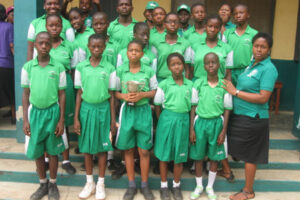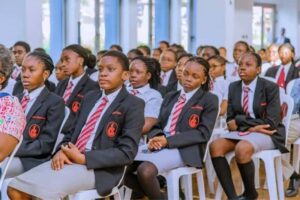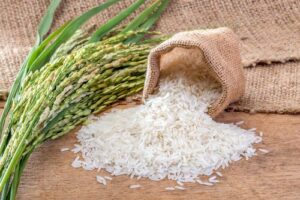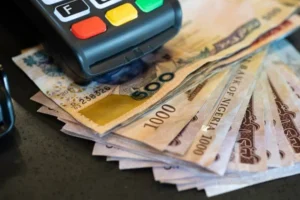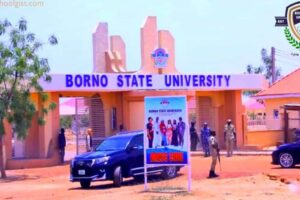Secondary and primary schools in sagamu: As one of the largest cities in Ogun state, Sagamu is an important economic hub and home to several historical landmarks, including the …
Best secondary schools in Ogun State suitable your children: Choosing the right and best secondary schools in Ogun State suitable for your children involves considering several factors, including the …
Private boarding secondary schools in Ogun State offers quality yet affordable education with a great learning environment and quality residential education. Ogun State is a home to some of …
Hide Your Phone Number on Android Device: How to make your MTN, GLO and Airtel number private when making a call on your Android device? How to call someone …
The most popular rice brands and prices in Nigeria includes, Mama’s pride, Big Bull Rice, Elephant pride brand of Nigerian rice, Aani Basmati Rice, Natural Brown Basmati Rice etc. …
Lucrative business you can start with 300k to 500k in Nigeria are simple business like POS/E-payment services, e-retail business, small restaurant or food shop and many more. As a …
What is a Charter School: Education is one of the most important aspects of a child’s development, and the choice of school can significantly impact their academic journey. In …
In today’s fast-paced world, staying ahead of technological trends is essential. As we look forward to many years to come, it’s clear that the landscape of innovation is more …
Best Memory Techniques for Studying: Are you tired of staring at textbooks for hours, only to forget everything you’ve read the moment you close them? Do you wish you …
Nigerian State Universities, and other Tertiary institutions at large across the country have witnessed a hike in tuition fees across the federation as parents, guardians and of course students …
